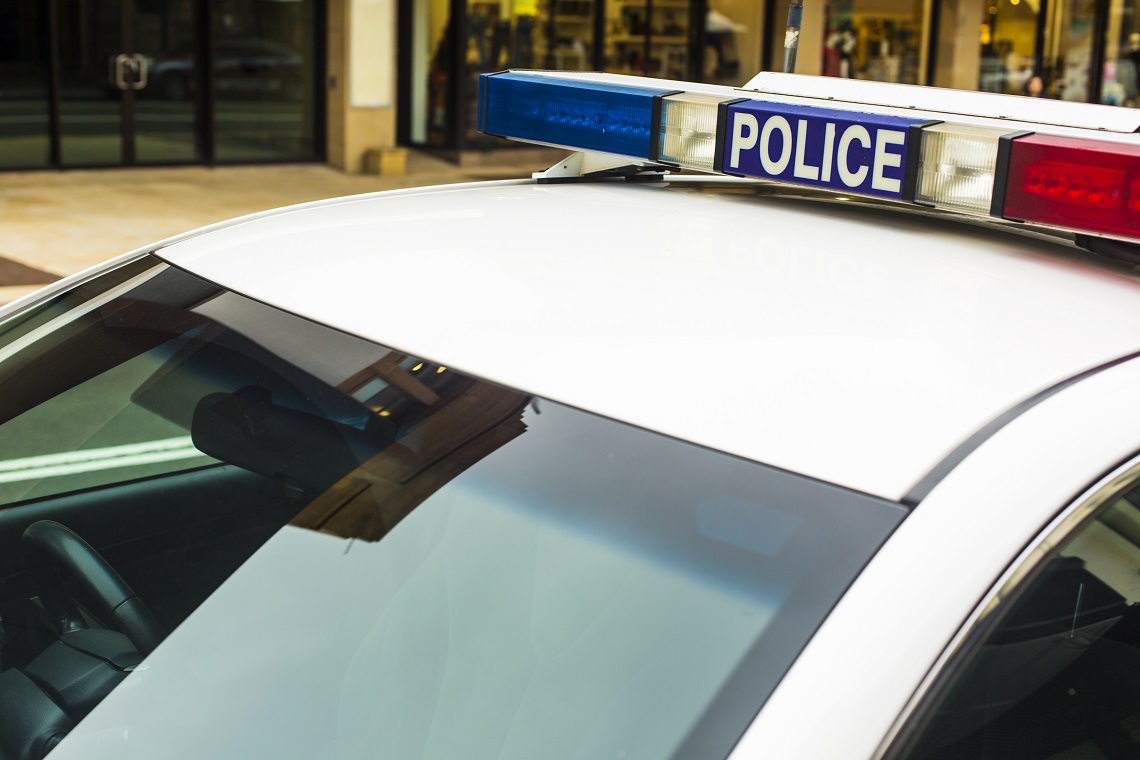The combined forces of Western Australia’s liquor industry and local police in the state’s north-west has brought unprecedented outcomes in its mission to combat alcohol fuelled violence, with the town of Port Hedland recording some of its best crime statistics in years.
The ‘Hedland Liquor Strategy’ has been formulated by the Port Hedland Liquor Accord and WA Police and has led to a significant fall in burglaries, domestic violence, assaults, and in turn a reduction in people in custody.
Officer in Charge of South Hedland Police, Senior Sergeant Jeremy Marklew said the system is open and transparent throughout the community.
“Dating back to late last year we asked licensees to monitor at certain times of the day to take down the vehicle registrations and monitor individuals who may have been problematic within the vicinity of liquor stores,” Officer Marklew said.
“Ultimately it’s about responsible service of alcohol and the responsible level of consumption.”
With the advent of COVID-19 and a temporary spike in some incidents in late March the reporting and banning of vehicles and individuals ramped up.
“The process involved a daily text message to all licensees or the store managers advising the number of incidents from the previous night and details of vehicle registrations” he said.
“As a collective we banned identifiable problem drinkers from buying alcohol for 24-hours.
“During one point we didn’t have any burglaries for two weeks (across South and Port Hedland). In the whole time we have been running this initiative we’ve only had five burglaries, which, for this town is unheard of.
“Throughout April and May domestic violence dropped by 20 per cent, assaults have been down 20 per cent, alcohol incidents have also been down between 15-20 per cent”.
“Damage and theft offences are also significantly down, by almost 40 per cent, compared to the previous year and businesses and householders often call or comment about the reduction of crime and anti-social behaviour in the community.”
Liquor Accord Chairman Brent Rudler welcomed the Hedland Liquor Strategy as a clear demonstration of local police and local businesses working together for a common good, especially with the impending start of the Pilbara Banned Drinkers Register (BDR).
“We have always worked well with the authorities, but Jeremy and his team have really stepped it up a gear. It has been strategic and tactical but at the same time we as an industry have bought in and complied because we can see the benefits, and the statistics speak for themselves,” he said.
“The BDR will involve different measures like people having to show ID if they want to buy alcohol, but it will be reliant on people being registered and placed on the banned list. That can only work if there are processes and protocols in place for the industry and police to follow.”
Liquor Stores Association CEO Peter Peck, added that another positive of the BDR was the provision of wrap around, health and therapeutic services offered to people placed on the banned list.
“This isn’t about eliminating people’s choice. It is about recognising that alcohol for a small number of people is simply a form of self-medication. We need to dig deeper to unearth the core root of the issue that drives people’s self-destructive behaviour,” Peck said.
“At the end of the day, the best reward to anyone being on the Banned Drinkers Register is to engage with the services provided and set the goal of getting off it.”
It is expected the two-year trial of the Banned Drinkers Register in the Pilbara will start in late 2020.

